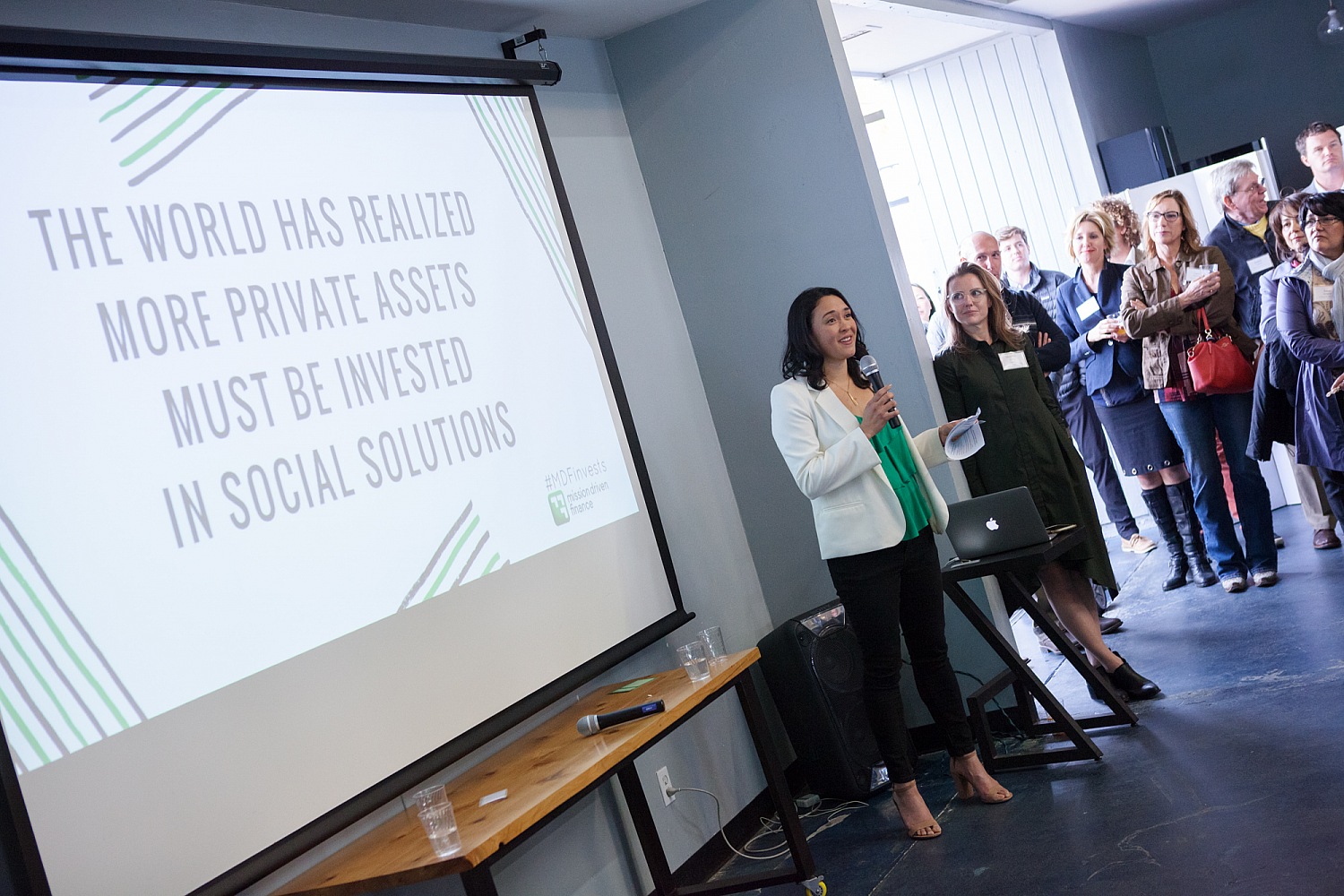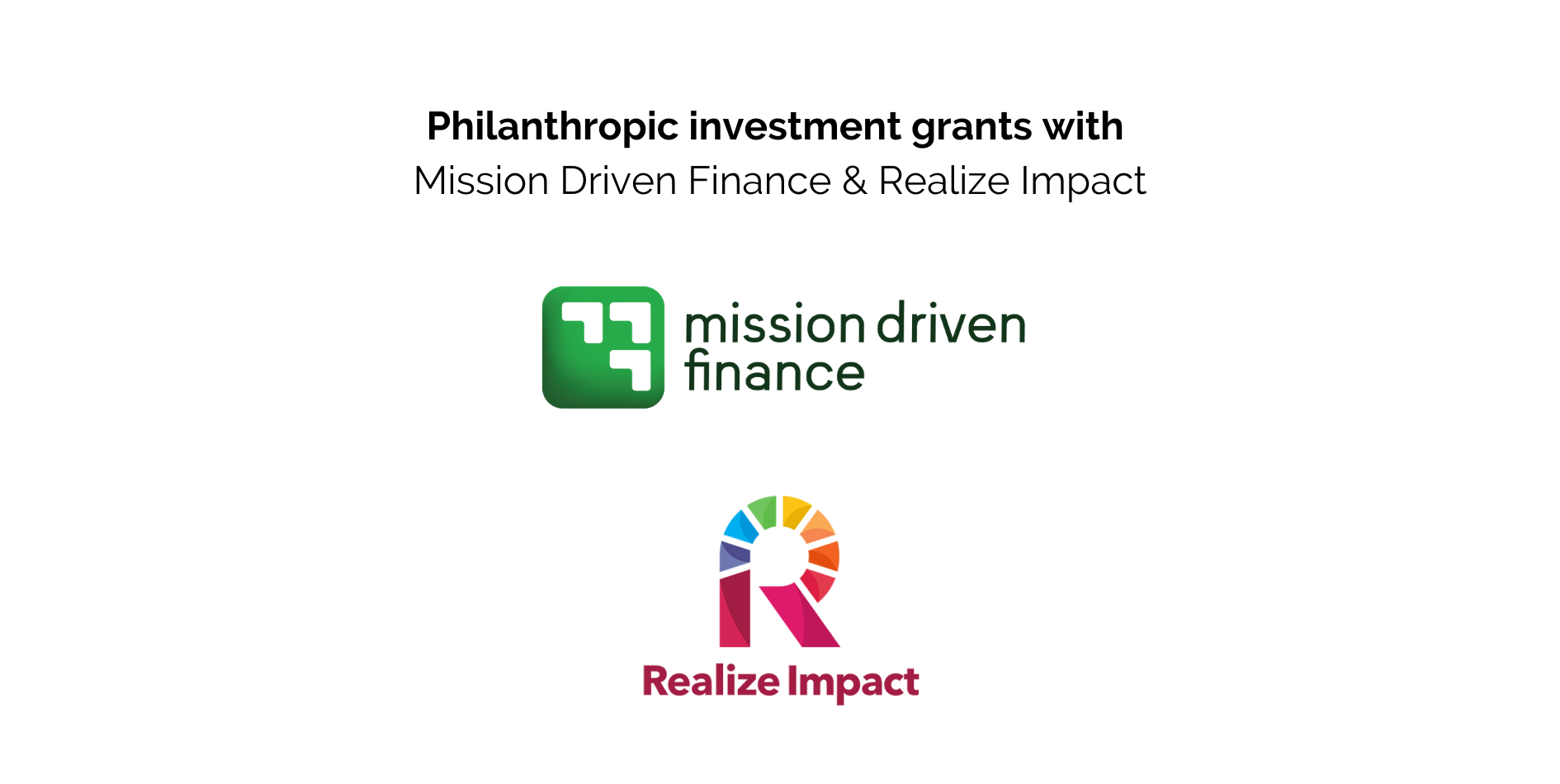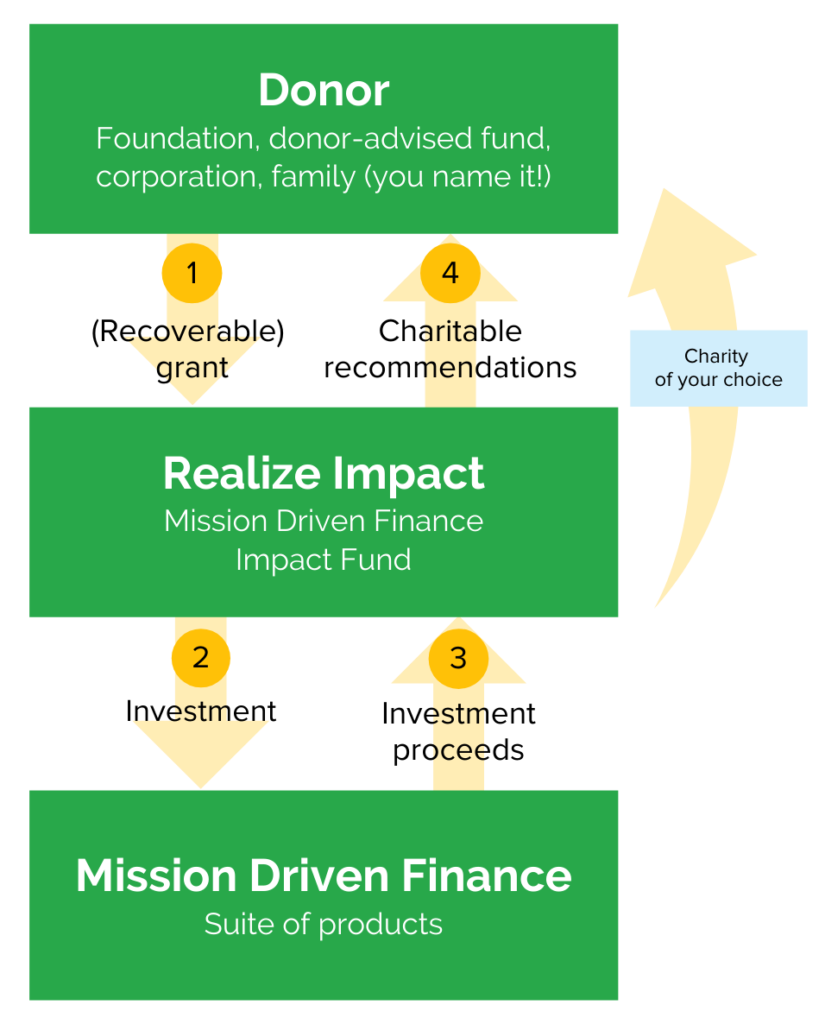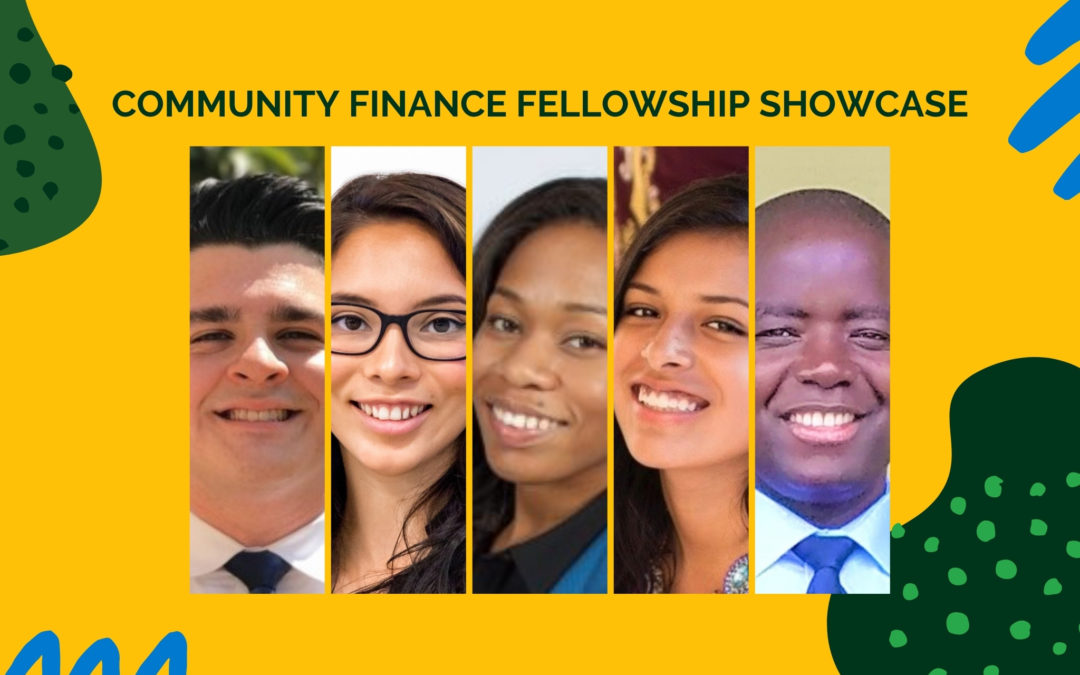
How Lauren Grattan thinks about risk
Shoutout SoCal checked in with our Co-founder and Chief Community Officer Lauren Grattan in its local stories series and asked her how she thinks about risk.
Here’s an excerpt:
“Risk has played a big role in my life and career,” Lauren shares. “A lot of people think about risk mostly in the negative—in terms of what could go wrong. But I like to think about risk in terms of what could go right. Ten years ago I went backpacking from the Canadian border of Montana to the South Rim of the Grand Canyon. I hiked 2,500 miles in five months, largely on a trail of my own design. Pretty much all of my colleagues, friends, and family said, ‘You’re doing what?!’ It seemed terrifying, but if (when) I managed to do it, how cool. That kind of energy is what drives me personally and professionally—it seems undoable, but if it works, how incredible would it be?
“My college friends and I joked that the line between badass and bad is very, very fine. It’s my goal to be on the badass side of that line. So I imagine what could be if things go right, and then ensure that they do. I started a financial services company—with a philosophy degree—because I thought, ‘How cool would it be if we brought purpose and intention back into investments? How cool would it be to transform finance from the inside?’ And that’s what we get to do now. Another side of risk worth touching on: Part of the reason why capital isn’t flowing evenly to all communities is because of misperceived risk, where people see other and believe that different equals bad. In large part because I am of mixed race and feel a kinship with many types of folks, instead of seeing downside risk in overlooked communities, I see opportunity. That feeds into how Mission Driven Finance does its underwriting and how we develop new impact funds.”




